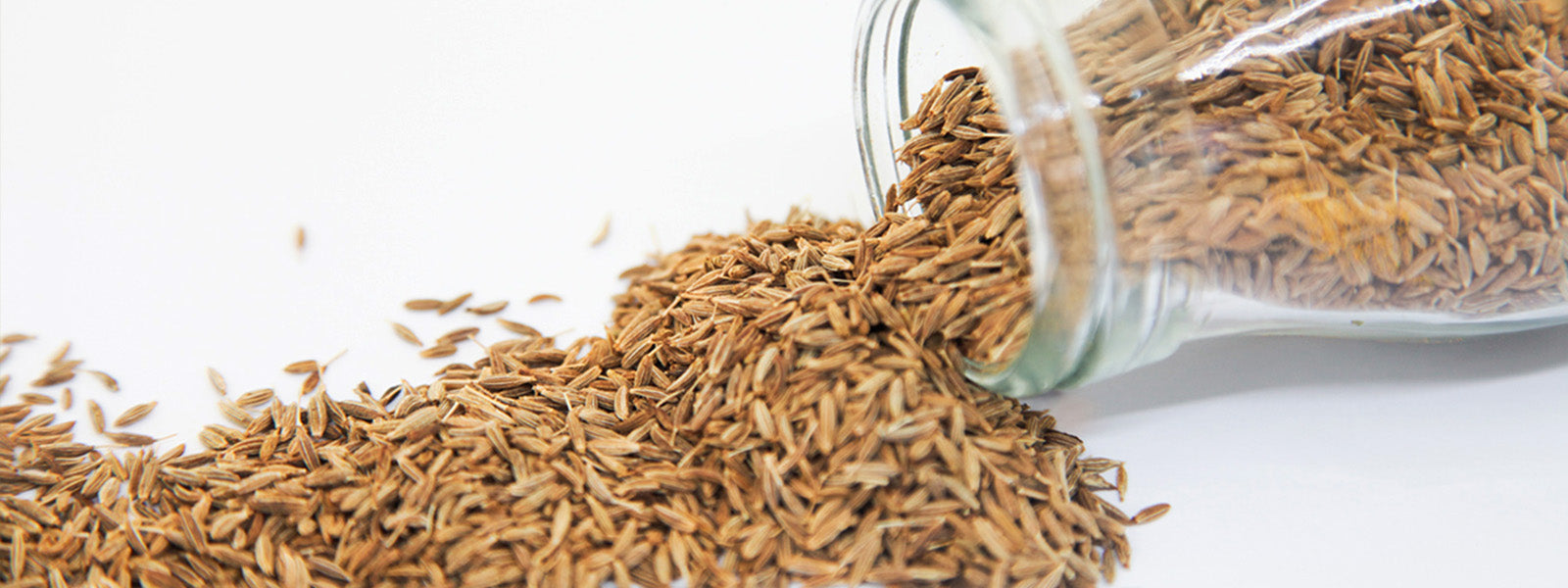Figs, or Anjeer, are a unique fruit mimicking a teardrop. They are about the size of your thumb, full of many small seeds, and have a purple or green peel that you can eat. The fruit's flesh is pink and tastes mild and sweet. Ficus carica is the name for the fig in the scientific world.
Figs and their leaves are full of nutrients and may be good for your health in a number of ways. They might help you digest food better, lower your risk of heart disease, and help you control your blood sugar.
Table of Contents
What are figs?
Figs are fruits which grow on the Ficus tree that is in the family of Moraceae, which also includes Mulberries. The scientific name for them is Ficus carica. They are in the genus Ficus.
Different languages have different names for figs. They are called 'Anjeer' in Hindi, 'Athi Pallu' in Telugu, 'Atti Pazham' in Tamil and Malayalam, 'Anjura' in Kannada, and 'Dumoor' in Bengali.
The fig tree has leaves that fall off and can grow to be 7–10 metres tall. Its bark is smooth and white. Fig trees grow in the wild in dry, sunny places with rich, deep soil. They also like to grow in rocky places and can survive even in soil that isn't very rich.
Early use of figs:
Since ancient times, figs have been seen as a sign of health and wealth. They are a symbol of Demeter, the Greek goddess of agriculture and fertility. In ancient Rome, they were given to Bacchus, the god of wine.
Figs are not like most fruits because they are made up of inverted flowers that would bloom from the inside out if they were left alone. They usually grow in places like the Mediterranean and the Middle East, where it is hot, sunny, and dry for most of the year.
Before sugar became popular, figs were often used to sweeten desserts. If you've heard of "figgy pudding," you know what I'm talking about. Many people are going back to figs as a healthier alternative to refined sugars now that people are starting to move away from them.
Nutritional profile of figs:
Fresh figs have a few calories because they have natural sugar, but a few figs are a good, low-calorie snack.
On the contrary hand, dried figs are high in sugar and calories because the sugar gets concentrated when the fruit dries.
Figs also have small amounts of a wide range of nutrients, but copper and vitamin B6 are two of their most important ones.
Copper is an important mineral that helps the body make blood cells, connective tissues, and neurotransmitters. It also plays a role in metabolism and energy production.
Vitamin B6 is an important vitamin that your body needs to break down the protein you eat and make new proteins. It is also important for the health of the brain.
Health benefits of figs:
- Bring down blood pressure
High blood pressure can cause heart disease and stroke, among other problems. High blood pressure can be caused by a potassium imbalance, which can happen when you eat too much salt and not enough potassium.
Figs are high in potassium and can help fix this problem. Figs, on the other hand, have a lot of fibre, which can help get rid of excess sodium.
- Improve Digestion
Digestive problems include everything from constipation to diarrhoea. Getting more fibre can help at both ends of the spectrum. Figs help digestion in more ways than just the fact that they are high in fibre. They are a great source of prebiotics, which are good for the health of the gut as a whole.
- Make bones stronger
Both calcium and potassium can be found in figs. Together, these minerals can improve bone density, which can help stop diseases like osteoporosis.
Studies show that a diet high in potassium, in particular, can improve bone health and slow down the rate at which bones break down. Also, calcium is an important part of bone structure, and studies have shown that children and teens whose calcium intake is higher have better bone mineral structure.
-
Helps with constipation:
Helps with constipation: The high amount of soluble fibre in figs makes them a natural laxative. So, it makes the bowel process less painful. If you have trouble going to the bathroom, try eating two or three dry figs on an empty stomach.
5: Figs for Fertility:
Since the time of the ancient Greeks, figs have been thought of as a sign of love and fertility. Later, this was looked into and found to be true because it has a lot of iron. Iron is an important part of the whole process of ovulation in women. For men, having too little iron can hurt the quality and movement of sperm. Even now, it is often taken with milk to improve reproductive health.










Leave a comment